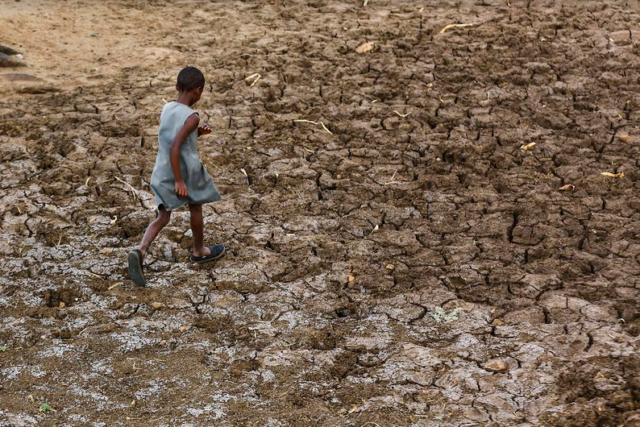On 19th October 2021, the World Meteorological Organization (WMO) published their report as a reminder that 1.3 billion people remain vulnerable as the African continent is getting warmer by the day and faster than the global average. The report involved the WMO, the African Union Commission, and the Economic Commission for Africa (ECA) through the Africa Climate Policy Centre (ACPC), international and regional scientific organisations and United Nations agencies. Further, as per new reports by the United Nations (UN), more than 100 million “extremely poor” people across Africa are threatened by accelerating climate change that could also melt away the continent’s few glaciers within two decades. The continent has 54 countries that are responsible for less than 4% of greenhouse gas emissions worldwide. The report mentioned that how last year Africa’s landmass and waters warmed more rapidly than the world average. Africa accounts for less than 4% of greenhouse gas emissions, but it has long been projected to be severely affected by climate change. Its croplands are already prone to drought, many of its major cities sit along the coast and much of its population lives in widespread poverty. The report comes ahead of the COP26 climate summit in Glasgow, as the UN warned that extreme conditions could push more people to migrate away from the continent.
Already, an estimated 1.2 million people were displaced by storms and floods in 2020, nearly two and half times as many people who fled their homes because of conflict in the same year. The report also mentions that how the glaciers of Mount Kilimanjaro, Mount Kenya and the Rwenzori mountains in Uganda are shrinking and represent the worst of changes that the world will face in the coming years. It mentioned that how these current rates are if not taken care of will lead to total deglaciation by the 2040s. Mount Kenya is expected to deglaciate sooner due to human-induced climate change. The 30-year warming trend from 1991-2020 was above that of the 1961-1990 period in all of Africa’s regions. To avoid higher costs of disaster relief the African countries are suggested to invest in hydrometeorological infrastructure and early warning systems. This way it will also spur economic development and generate employment especially to recover from the covid-19.
As the world is a global village, climate change won’t just affect any one country but the world as a whole. Such situations and warnings depict how important it is for the world to come together and work towards a better and safer environment, for which every country has to contribute so as to saving the planet.









